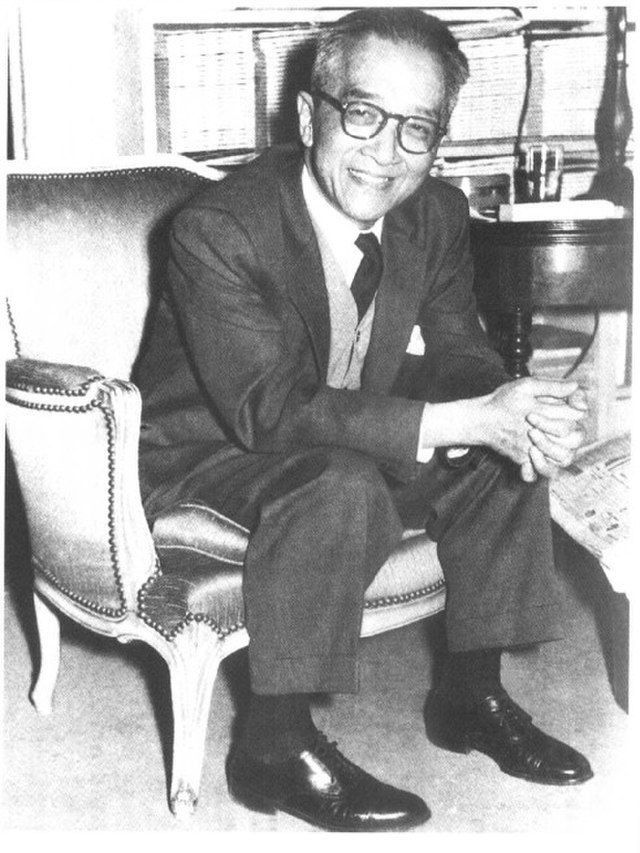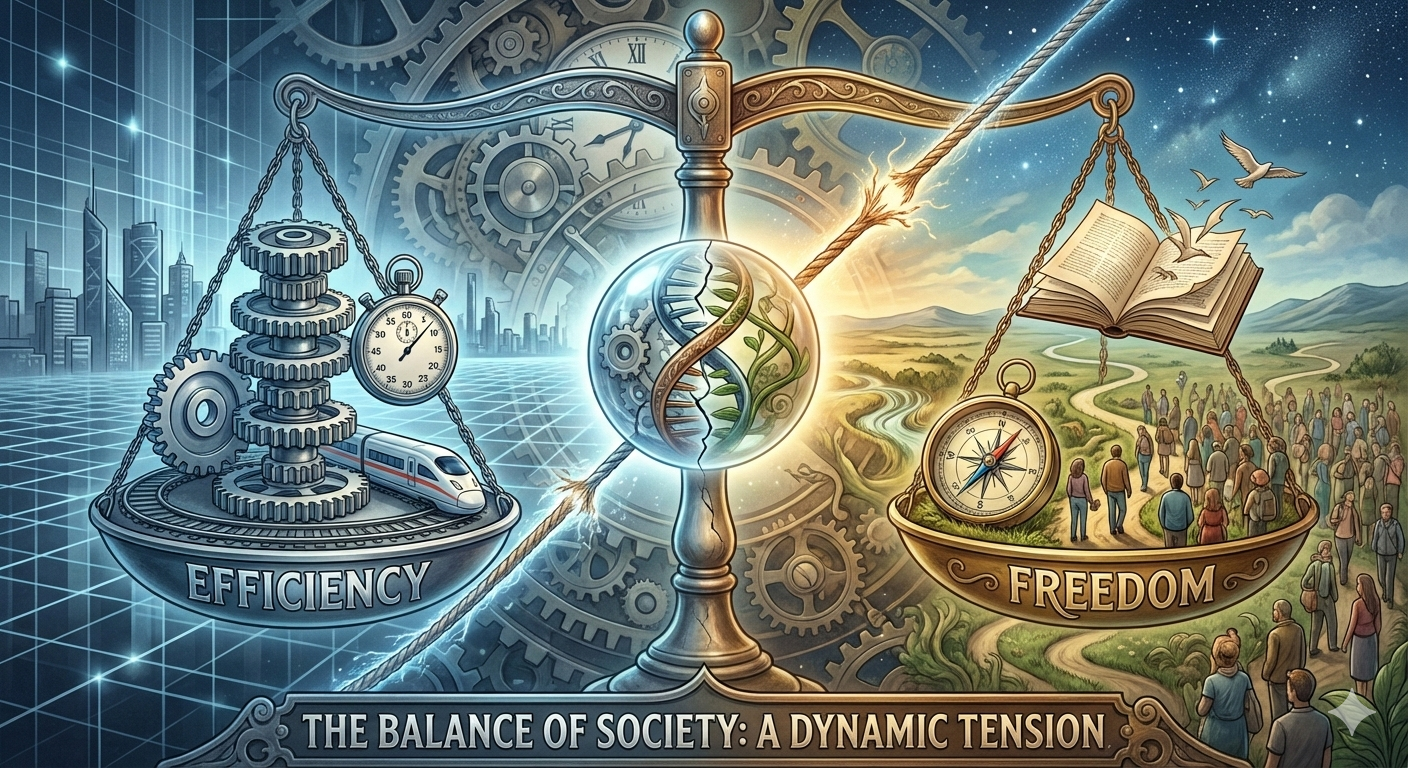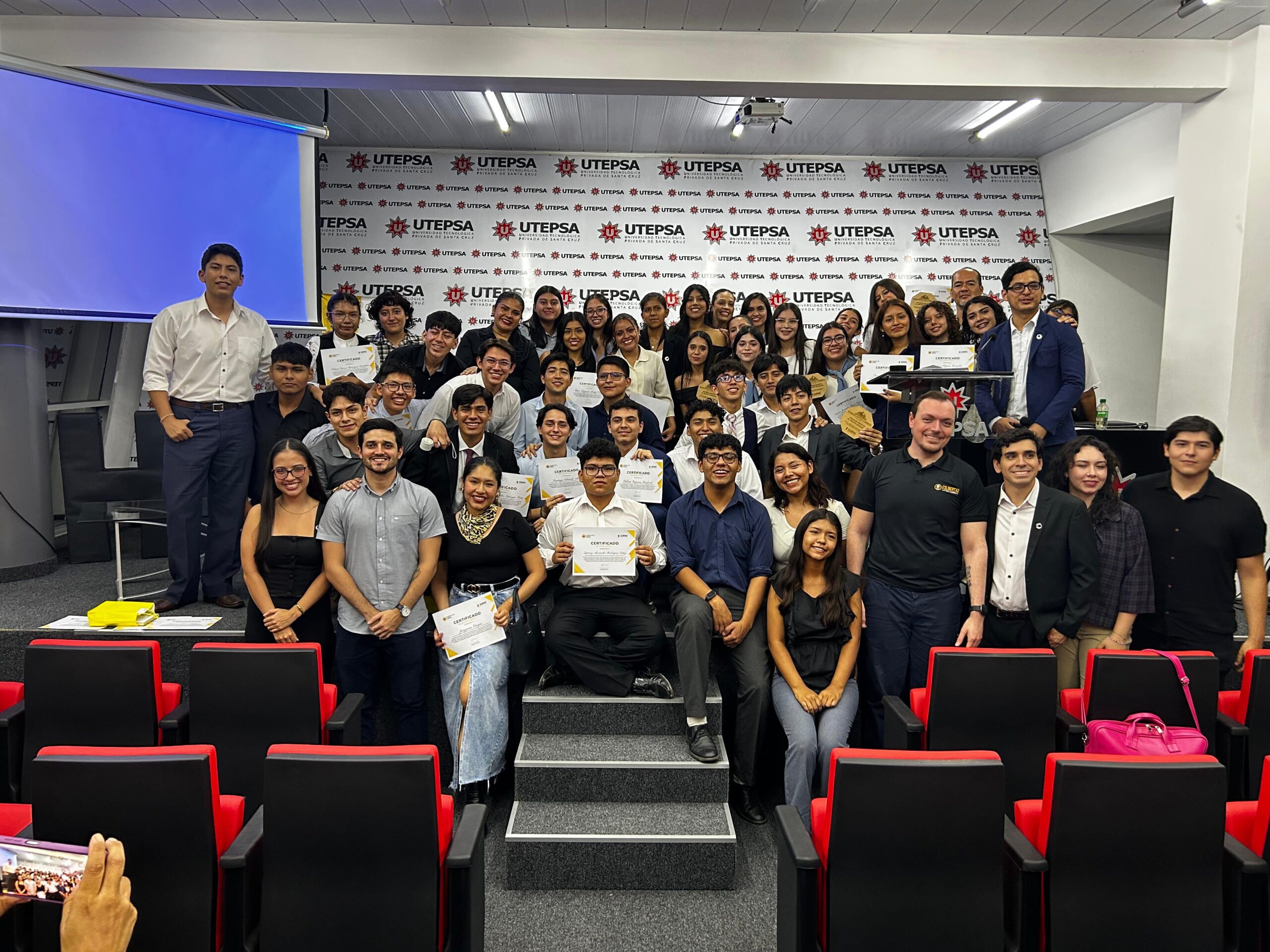If one opens Goodreads and searches for the keyword “liberty,” some scrolling is required to reach a work of fiction, namely Atlas Shrugged. Other than Ayn Rand’s works, only those of George Orwell appear more than once (but only twice). Non-fiction from the last century occupies the top spots – and indeed the majority – of the list, and the same trend holds true in Liberty Magazine’s Liberty List, Adam Smith Institute’s Must-Read List, FEE’s list on Liberty Books To Read, and even Quora.
Fiction for many years has been cemented as an effective and worthy medium of communicating messages, philosophies, ideas and ideals, with multiple studies and research papers on the subject. Mar and Oatley note that immersing oneself in fictional stories is a form of learning through experience, serving to increase empathy and social inference. This is backed up by evolutionary science, which hypothesizes that fiction transferred knowledge as early as humankind’s foraging days. As per Ray, fiction “can be a powerful vehicle for delivering nuanced messages in a more approachable and digestible manner,” with literary techniques enabling writers to impart their wisdom by subtle means.
Why then, are the liberty book lists overrun with non-fiction to an alarming degree, particularly when it comes to modern day works?
Is There No Liberty in Modern Fiction?
While instinctually one would state that liberty is plentiful in modern fiction, they would be hard-pressed to name any modern, adult (not Young Adult) fiction falling under that category. Dystopian literature, and modern YA novels, are the pinnacle of modern liberty-related fiction. While Atlas Shrugged has remained a beloved tome, and Animal Farm, 1984, Fahrenheit 451, The Moon is a Harsh Mistress, among others, still occupy a reverent space in the heads of most of us who grew up immersing ourselves in other worlds, all were written in the last century, and more often than not, tend to escape the eyes of the modern reader.
While for the modern YA novel reader, pop culture giants such as The Hunger Games are vastly popular for their ideas of freedom, one must admit that they lack the nuance of conveying liberty compared to the former. Modern works such as The Hunger Games (and The Maze Runner, Divergent, Lunar Chronicles, etc.) advocate for an idealistic “freedom,” where the reader is often provided with a narrative where they watch the status quo be toppled. However, from the macro view, the reader is robbed of seeing the dynamics of the changed world, and towards the end, has no idea of what structural change the protagonists aimed for. While the spirit of the message is obviously present, to be considered ‘liberty-related literature’ is another feat entirely, and modern works, sadly, fall short.
The Clash between Liberty and Storytelling
An idea is useless if it exists simply in the contextual plane, or the ivory tower. To become reality, it must reach the ground, touch grass, and instill itself within the masses. Whilst academic essays and learned writing is well suited for the former, it is fiction (and more broadly, pop culture) which lends itself well to the latter. As Peron eloquently puts it: “Now very few people, in any culture, adopt their values through conscious thought. The dominant ideas in a society are usually absorbed through a process of intellectual osmosis.”
One can argue endlessly to the benefits of the free market, or one could implore you to read Atlas Shrugged. Another could spend countless hours lecturing and debating as to why we should limit state intervention, or they could show you the consequences through The Hunger Games. One could argue against the pro-life movement, or they could ask you to read the Unwind trilogy on what would happen when ideologies are defended without reason.
Fiction conveys without difficulty complex ideologies and principles, not only deconstructing and demystifying them, but also instilling in the reader an emotional investment. Through characters in fiction, readers are able to relate and sympathize, thus making a cause their cause.
Socialism and The Arts: The Problem with Liberty Writers Today
Unlike the freedom-loving liberty movement, which ironically did not capitalize on the mediums of storytelling as much as it should have, socialist ideas were spread through the Arts. True, Marx was a famous socialist writer, but socialism’s spread cannot be attributed solely to him, nor Lenin, nor any other thinker of the age.
Socialism in the East employed numerous tactics to convey these ideas through stories, including but not limited to children encouraged to learn the arts, flashy trains, cinemas, press, even striking deals with museums, porcelain factories, and art schools. If it could convey an idea, it was used.
In the West, socialism had the added advantage of Christian mythology, which harbored inherently altruistic values. “At the center of the Christian mythology is the crucifixion: the idea of sacrificing the best for the unworthy.” It was an easy feat to build upon centuries of established ideals.
Consider, for example, Edward and Francis Bellamy, whose novels relied on winning people over through their stories, rather than through statistics or numbers. They took advantage of already-present mythology to go beyond simply explaining a social problem.
When it comes to storytelling, the liberty movement is yet to utilize storytelling to a level widespread enough to be effective. Unlike socialism, which had the advantage of utilizing the greater principles and myths of Christianity, the liberty movement had but few stories to use in a religious context – Eve and Prometheus, both considered wrongdoers in the original tales. This gave socialism an inherent advantage; the liberty movement (outside Rand) made no prominent effort to change these religiously influenced perceptions of “wrongdoers,” resigning themselves to the negative connotation.
What now?
LaGreca notes that there is a dire need for liberty-themed art in today’s culture, as “there are too many examples of novels, plays, and feature films that subvert true heroes and the values they embody. [….] Pro-freedom educational efforts today focus on works of nonfiction, rather than on works of art.”
The 21st century has presented humankind with more storytelling potential than ever before. From audio to written word to cinema to short form video content, the possibilities are endless and we see fields such as advertising and marketing already capitalizing on these possibilities, devising elaborate tactics to sell their products and services.
It’s time the liberty movement took their own marketing seriously.







